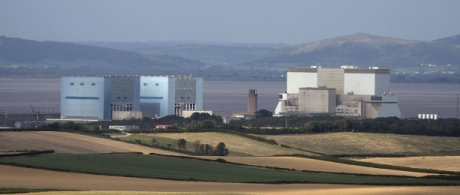Marine Le Pen, the daughter of National Front co-founder Jean-Marie Le Pen, led the party to historic gains in French elections last month by rolling out a more tempered brand of nationalism. She is now trying to build a new alliance of European nationalists in the European Parliament. Elections are in May.
 French far-right party National Front (FN) party president Marine Le Pen speaks after the results of the France municipal elections. (Kenzo Tribouillard/AFP/Getty Images)
French far-right party National Front (FN) party president Marine Le Pen speaks after the results of the France municipal elections. (Kenzo Tribouillard/AFP/Getty Images)
Q. To what extent is your party really different today then it was when your father first formed it in the 1970s?
A. Well of course it has to be different, because a party isn’t the same when it reaches 10% and when it reaches 25% of the votes. The National Front has most of all become more mature. It is now more then 40 years old. The National Front used to be a party of opposition, a party that would question and criticize the system, it is now a party that is ready to rule.



